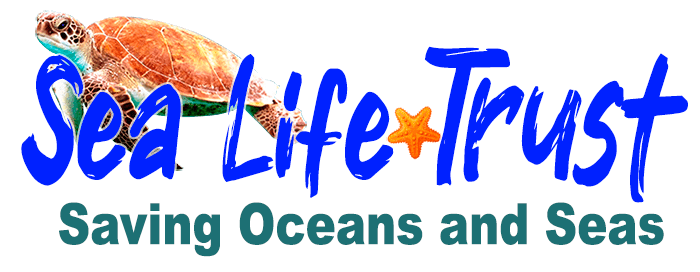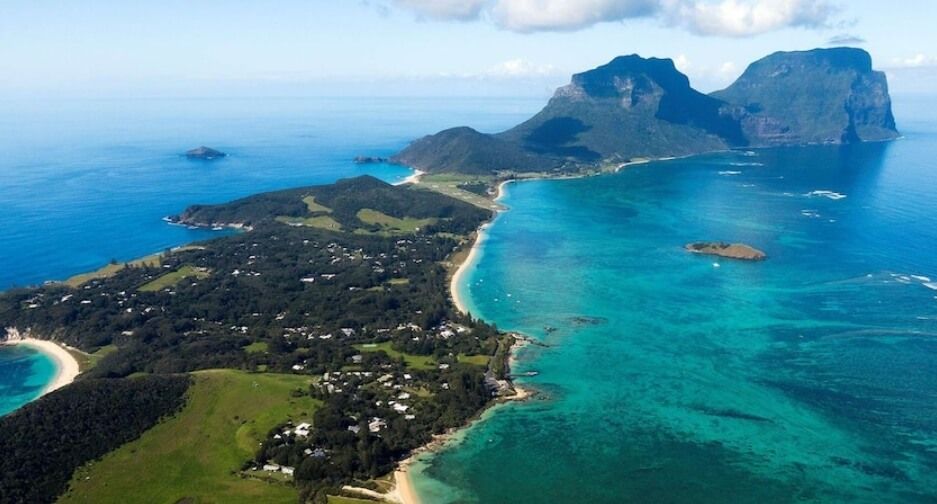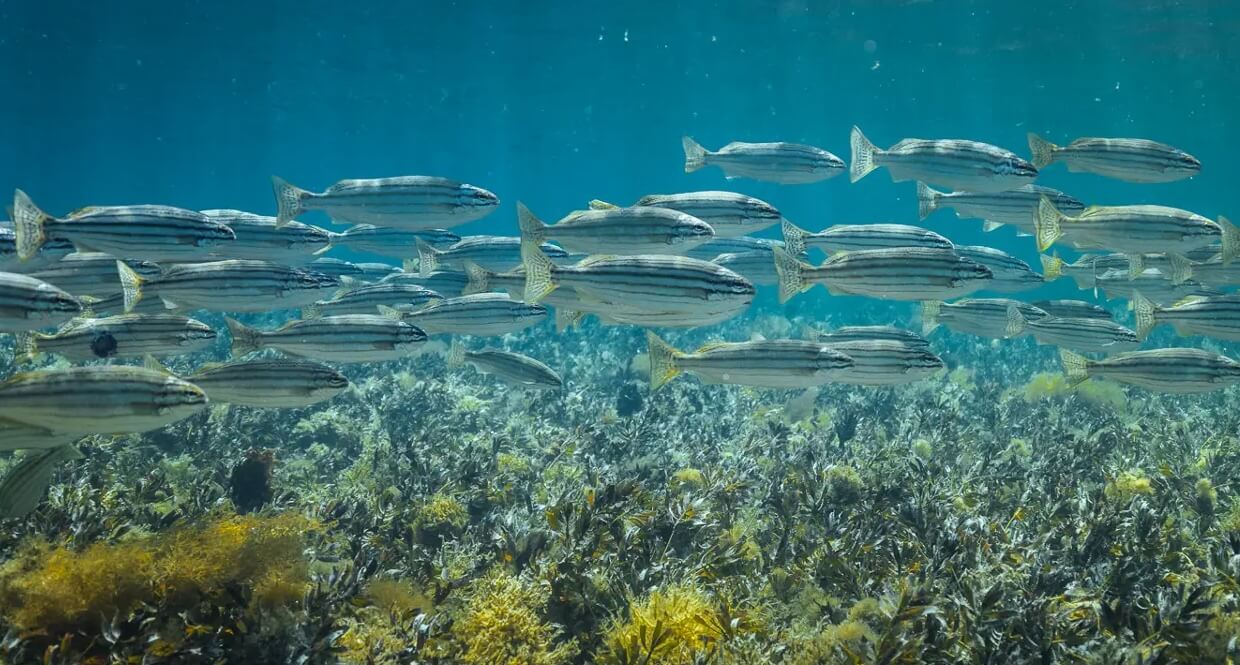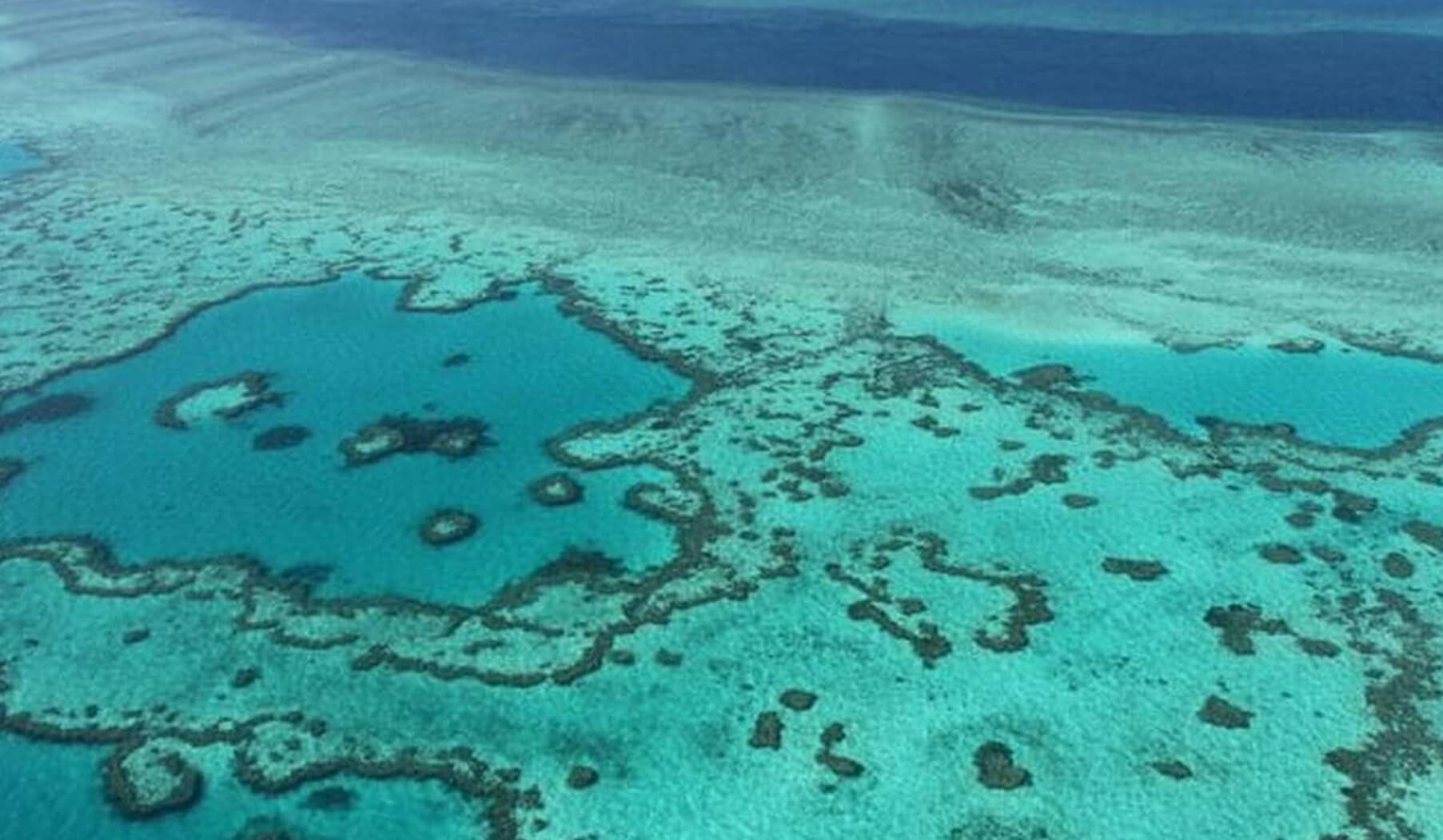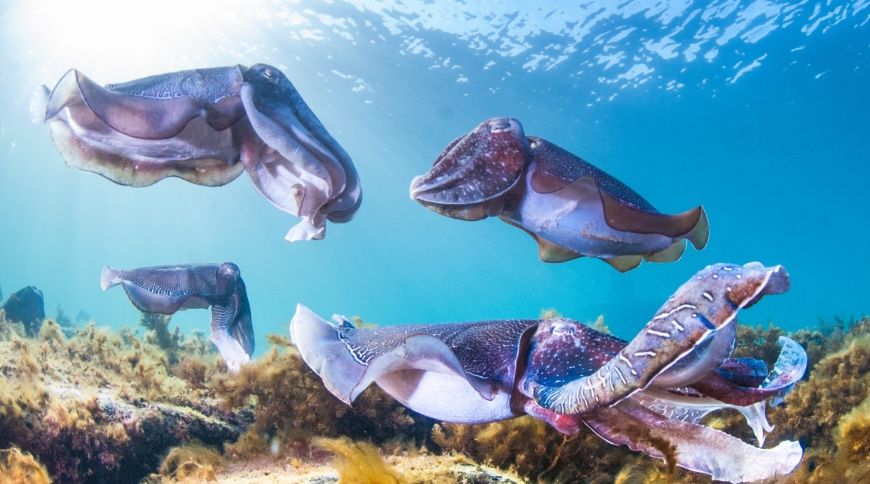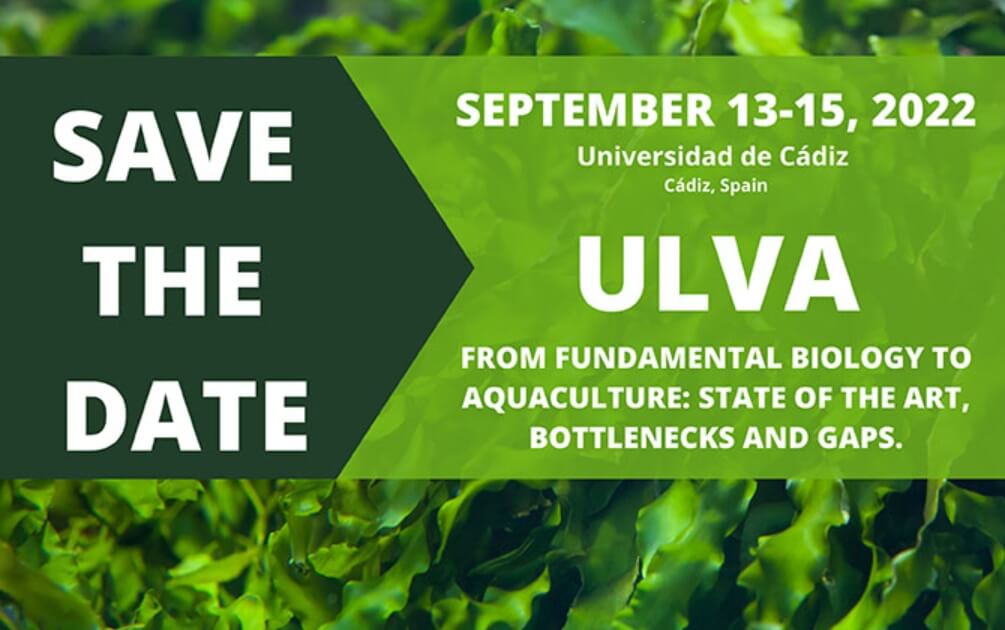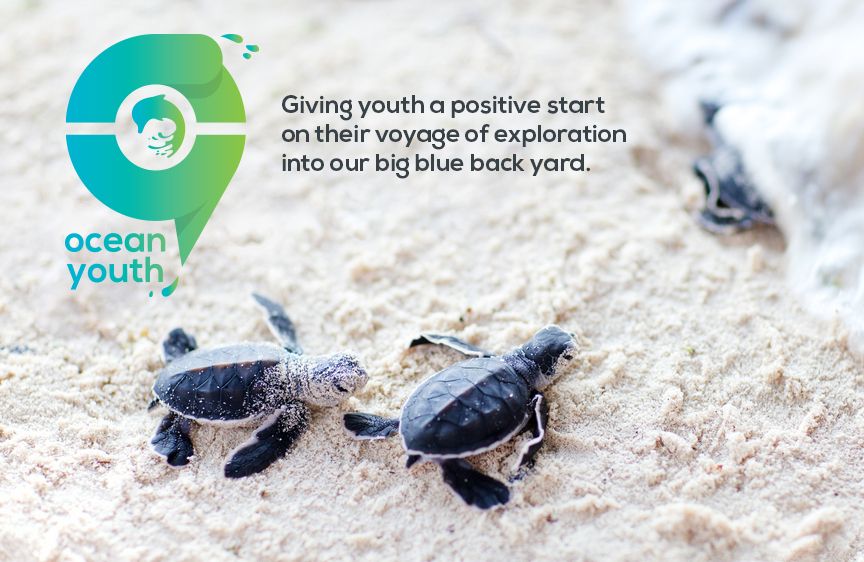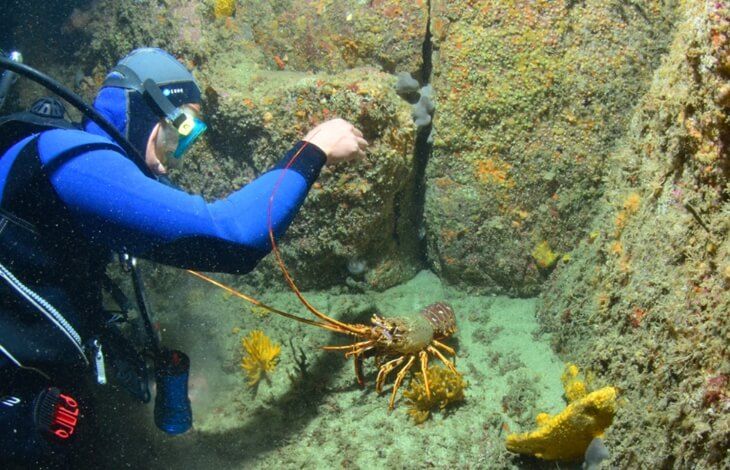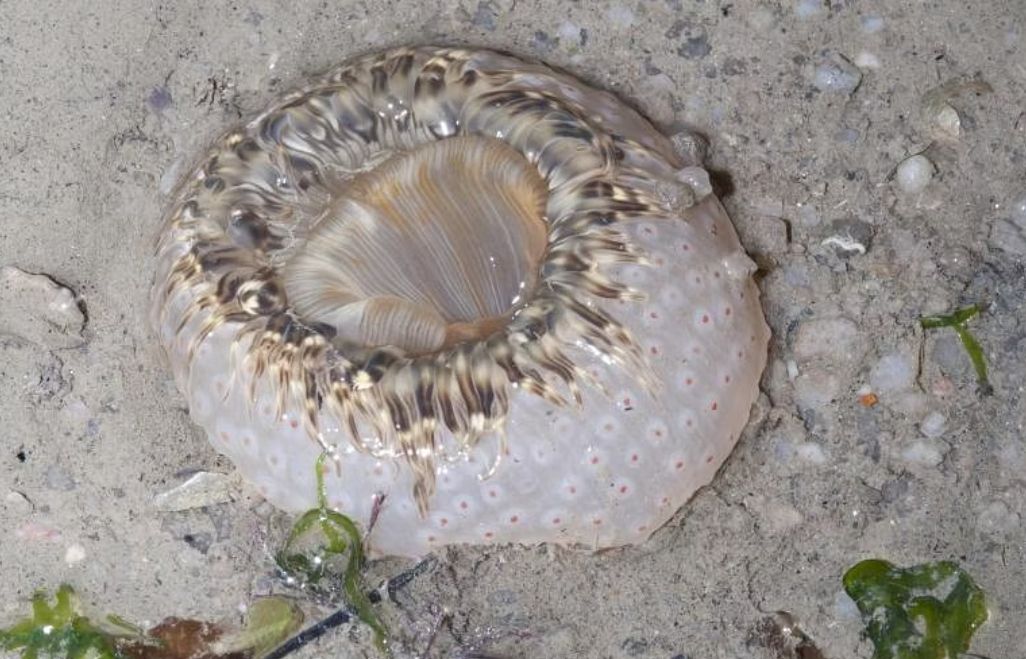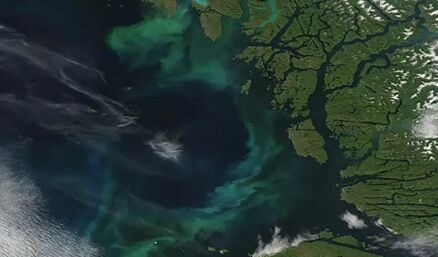The volcanic island of Lord Howe in Australia faced a unique predicament when a rat was found on board a cargo ship carrying essential food supplies. As a result, the ship was immediately quarantined, leaving the island’s inhabitants in a challenging situation. To ensure the residents are not left without food, the Australian Air Force stepped in to organize an emergency food delivery. Lord Howe Island, with its pristine environment and unique wildlife, relies heavily on supplies from the mainland, making this situation particularly critical.
The Unique Island of Lord Howe
Lord Howe Island, located in the Tasman Sea approximately 770 kilometers northeast of Sydney, covers an area of 14.55 square kilometers. With a length of 10 kilometers and a width of about two kilometers, the island is a haven for 347 permanent residents and up to 400 tourists who visit annually, primarily for surfing and diving activities.
The island’s unique biodiversity and natural beauty have earned it a place on the UNESCO World Heritage List, which requires strict measures to protect its delicate ecosystem. Since 2019, Lord Howe Island has been implementing a rodent control program to safeguard its native wildlife from invasive pests.
The Quarantine Dilemma
The discovery of a rat on board the cargo ship posed a significant threat to the island’s ecosystem and native wildlife. The authorities swiftly decided to quarantine the ship to prevent the potential introduction of pests onto the island. Protecting the unique wildlife of Lord Howe is of utmost importance to maintain the ecological balance and preserve the natural heritage of the area.
However, this quarantine decision posed a critical challenge to the island’s inhabitants, who heavily rely on supplies transported via cargo ships from the mainland. Without the delivery of essential food supplies, the residents faced the possibility of shortages and difficult living conditions.
Emergency Food Delivery by the Australian Air Force
To address the emergency situation and ensure the island’s inhabitants have access to essential supplies, the Australian Air Force stepped in to organize an emergency food delivery. Recognizing the urgency of the situation, the Air Force acted swiftly to airlift the necessary food items to Lord Howe Island.
This collaborative effort between the authorities and the Australian Air Force highlights the importance of quick responses and adaptable strategies to tackle unforeseen challenges in remote regions like Lord Howe Island.
Dependency on Mainland Supplies
Lord Howe Island’s unique geographical location and limited resources make it highly dependent on supplies imported from the mainland. While the island offers a stunning natural environment and a variety of recreational activities, its small population size and remote location create logistical challenges.
The island’s residents rely not only on grocery stores but also on essential workshops and services from the mainland. Any disruption in the supply chain can have a significant impact on the quality of life and well-being of the island’s inhabitants.
The incident of the rat on the cargo ship has brought to light the delicate balance between protecting Lord Howe Island’s unique wildlife and meeting the basic needs of its inhabitants. The swift response of the Australian Air Force to organize an emergency food delivery reflects the importance of collaborative efforts in addressing unforeseen challenges in remote regions.
It also highlights the island’s vulnerability and dependency on mainland supplies, calling for the development of resilient strategies to ensure the well-being of the residents and the preservation of the island’s precious ecosystem.
As Lord Howe Island continues to thrive as a UNESCO World Heritage Site, the lessons learned from this incident can serve as a reminder of the need for careful management and protection of delicate ecosystems worldwide. Through continued efforts and innovative solutions, we can safeguard the natural wonders of our planet for future generations.
